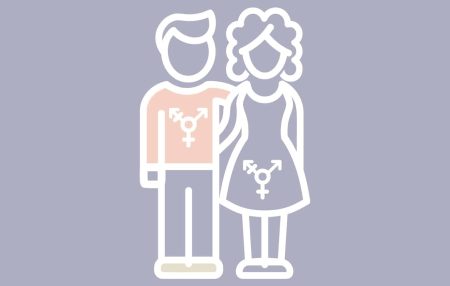3 April 2020
The Covid-19 global pandemic has brought about catastrophic disruption and change to all aspects of life. In doing so, it has hit fertility treatment patients and the fertility sector particularly hard.
Suspension of fertility treatment services in the UK
The British Fertility Society issued guidance on 18 March 2020 for the care of fertility patients during the Covid-19 pandemic. In summary it states:
- UK COVID-19 epidemic continues to escalate
- Whilst pregnant women can be generally reassured they are asked to consider themselves a vulnerable group
- It is expected that UK licenced fertility centres will now be working to suspend treatments
- UK fertility centres must establish the requirements to maintain a minimum service – this may include non-elective fertility preservation
- Centres are expected to keep communication open with patients for advice and reassurance
- Centres are expected to minimise their impact on NHS resources
The guidance went on to state:
“At the time of writing, it is not thought that the infection causes miscarriage or fetal abnormality, and pregnant women do not appear to be at increased susceptibility to the infection or to developing complications. However, in the Prime Minister’s bulletin on 16th March 2020, it was made clear that pregnant women were considered a vulnerable group, because this is a new infection and data on effects in pregnancy is limited. Further, there is concern for the potential care commitment required for any pregnant women with symptoms. The question arises whether the benefit of continuing to treat our infertile population may be outweighed by the additional concerns…It is expected that, as the UK epidemic is now proceeding, all centres will stop initiating new fertility treatments, including In-Vitro Fertilization, frozen embryo transfer, surgical sperm retrieval, insemination and ovulation induction. This is also in keeping with recommendations from other professional bodies in the field of fertility treatment.”
The guidance does, however, makes an important exception for patients requiring urgent fertility preservation treatment on a case by case basis, stating:
“Where resources allow, it is appropriate to continue non-elective fertility preservation, for example sperm and oocyte or embryo storage for cancer patients, provided they show no symptoms of infection. It should be borne in mind that these patients may be immunocompromised, and shared decision-making involving the patient, oncologist and fertility specialist is key. Fertility preservation should only be carried out in patients who remain well during treatment, and provided sufficient resources are available to do this safely. Local arrangements will be needed to allow these procedures to take place”.
The recommencement of fertility treatment services at UK fertility clinics will depend upon government advice, resumption of NHS normal working practices as well as clinics’ individual staffing and other resources.
Fertility treatment law issues
This halt of fertility treatment services due to the Covid-19 pandemic creates all manner of legal and wider issues, including:
- Problems for women facing rapidly declining age-related fertility and loss of opportunity of fertility treatment and conception.
- Legal difficulties where frozen eggs, sperm or embryos are rapidly approaching (or have reached) the end of the standard 10-year storage period in the UK.
- Unexpected death of a loved-one and related issues associated with posthumous storage and use of eggs, sperm and embryos in fertility treatment.
- Greater focus on the options and legal issues associated with fertility preservation and maximisation.
- Uncertainty around availability of egg and sperm donors and surrogates.
- Delays in medical diagnosis and consequent treatment and associated impact on individual fertility.




